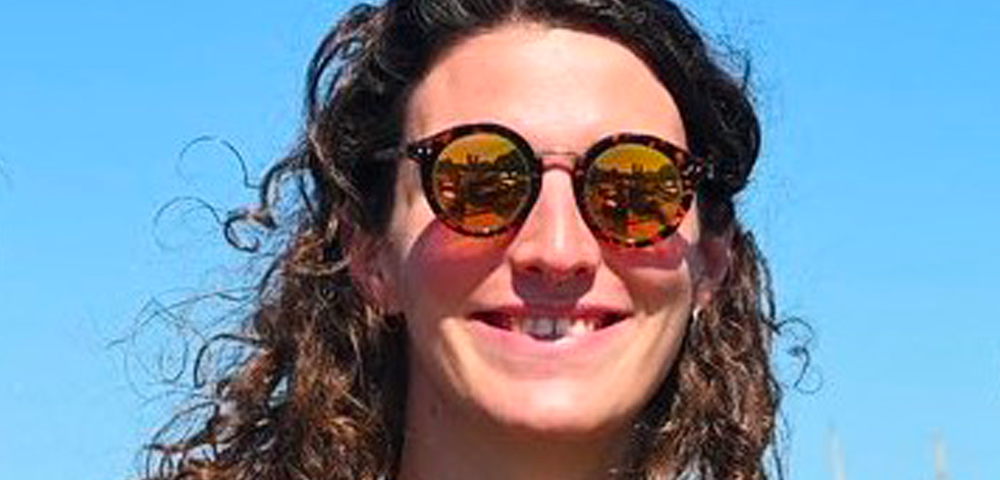
Gay youth research pioneer retires
The woman who first unearthed the alarmingly high rates of abuse and poor health of Australia’s queer youth in the 1990s has retired.
Leading gay youth researcher Lynne Hillier, 64, called it a day after more than 15 years since she and a team of researchers discovered the staggering rates of poor health outcomes for Australia’s young same-sex attracted people.
Hillier pioneered this untouched field, primarily with the three Writing Themselves In reports (1998, 2004, 2010).
She is now an adjunct associate professor at the Australian Research Centre in Sex, Health and Society (ARCSHS) in Melbourne.
ARCSHS colleague and co-researcher Professor Anne Mitchell told the Star Observer Hillier had been critical to the social change improving the lives of young Australian LGBTI people.
“She is absolutely responsible for building an agenda for same-sex attracted young people,” Mitchell said.
Mitchell said Hillier’s initial research was the first of its kind in Australia and gave young queer people a voice.
Her research has stirred government and non-government organisations to create safer environments inside schools and outlets to find support.
Hillier told the Star Observer attitudes about queer youth were very different in mid ‘90s.
In 1995, Hillier was hired to research marginalised young people, sexual health and HIV as part of a national priority program for HIV.
While their initial focus was on rural-based and homeless youth, her team decided to ask about same-sex attraction as well.
“There were strong connections between being gay and using drugs, and being gay and having STIs and not having safe sex; we knew it had to be our third population,” she said.
The research prompted Hillier and her team to carefully pursue a follow-up study and in 1998, the first-ever comprehensive report into Australia’s same-sex attracted youth was published.
“Before, we had principals saying, ‘we don’t have those young people here, this isn’t a problem,’” she said.
“All of a sudden schools knew that around 10 percent of the population were same-sex attracted.
“You know, back then we just did it as fast as we could and as quietly as we could and once we had that data, we made a lot of noise.”
They found 70 percent of young same-sex attracted people were abused at school and they were far more likely to be using illegal drugs than the wider population.
When the second WTI report was published in 2004, Hillier said things had really opened up.
While only one young woman in the first report said she would go on to have a family, many more in the second report were breaking the mould and talking about having children, among other things.
“It was like that discourse about you’re going to be miserable, lonely, never have children… that had been overtaken,” she said.
There were still issues, Hillier said, referencing young gay people with from religious backgrounds.
The second report was gaining attention in education departments across the country.
Just months following the 2004 launch, a ‘whole-of-government’ roundtable was held on gay youth.
The latest WTI report published in 2010 found homophobic abuse in schools had climbed to 80 percent.
Hillier said her team was horrified but the latest report was also able to put forward some public policy ideas to shape a response and a way forward, something they hadn’t been able to do before.
“Not only did we discover really, really strong links between homophobia and mental ill health but we also discovered schools that are protecting young people with policy have less than half the rate of homophobia and less than half the rate of suicide,” she said.
Hillier officially retired back in August but she will continue to support her remaining PhD students into next year.
“As a researcher, you have a huge responsibility to the people you do research with, especially if they’re marginalised,” she said
Hillier said she hoped the WTI reports continued into the future.
“It’s still a long way before these young people are treated equally,” she said.
Mitchell said ARCSHS would definitely continue the research and Hillier’s legacy.









